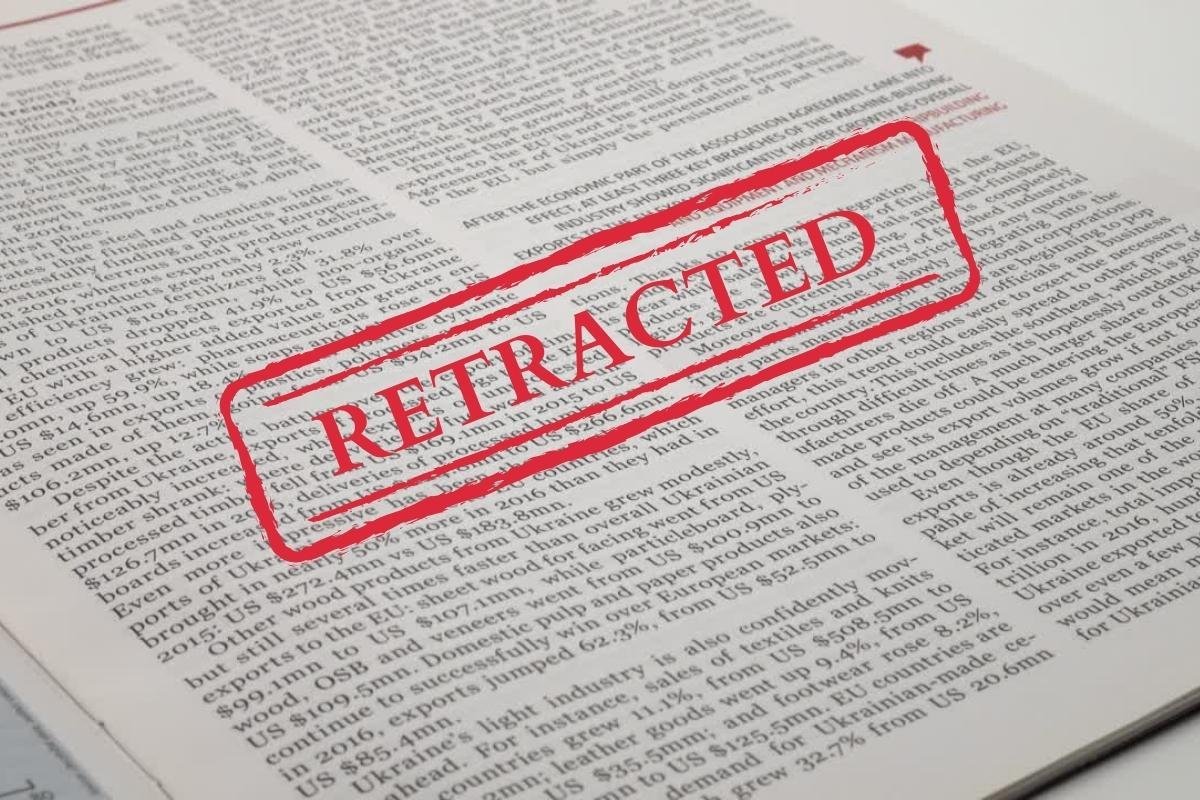Concussion expert Dr. Paul McCrory’s pattern of publication misconduct
By Minhong Kim. This article was initially published in our Concussion Update newsletter; please consider subscribing.
The British Journal of Sports Medicine (BJSM) recently retracted nine more articles published by renowned concussion expert Dr. Paul McCrory. The nine retractions include five cases of plagiarism, three cases of redundant publication, and one case of misquotation. An article by Stephen T Casper and Adam Finkel, also published in BJSM, refers to this misquotation of Thorndike as a “falsified quote” and posits that “The warping of Thorndike’s recommendation was an attempted erasure of a warning about potentially foreseeable and worrying consequence of head impacts.”
McCrory, who served as editor-in-chief of BJSM between 2001 and 2008 and chaired the influential Concussion in Sport Group (CISG), first faced plagiarism allegations in March of this year. In light of the initial plagiarism allegations, McCrory stepped down from his position as chair of the Concussion in Sport Group (CISG). A subsequent investigation led BJSM to retract one of McCrory’s editorials for “unlawful and indefensible breach of copyright.”
Further allegations about McCrory’s publications led BJSM and its publisher, the British Medical Journal (BMJ), to conduct a more thorough investigation into McCrory’s former work. This investigation revealed a “pattern of publication misconduct on the part of McCrory,” causing the BJSM to “place a notice to readers, an expression of concern, on all articles published in the BJSM of which McCrory is identified as the single author.”
The British Medical Journal concludes that “the scientific record relies on trust, and BMJ’s trust in McCrory’s work—specifically the articles that he has published as a single author—is broken.”

